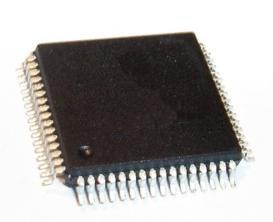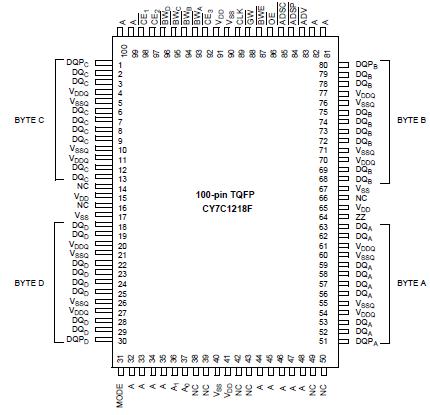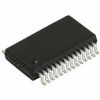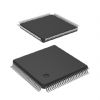CY7C1218F: Features: • Registered inputs and outputs for pipelined operation• 32K * 36 common I/O architecture• 3.3V core power supply• 3.3V I/O operation• Fast clock-to-output ti...
floor Price/Ceiling Price
- Part Number:
- CY7C1218F
- Supply Ability:
- 5000
Price Break
- Qty
- 1~5000
- Unit Price
- Negotiable
- Processing time
- 15 Days
SeekIC Buyer Protection PLUS - newly updated for 2013!
- Escrow Protection.
- Guaranteed refunds.
- Secure payments.
- Learn more >>
Month Sales
268 Transactions
Payment Methods
All payment methods are secure and covered by SeekIC Buyer Protection PLUS.

 CY7C1218F Data Sheet
CY7C1218F Data Sheet








